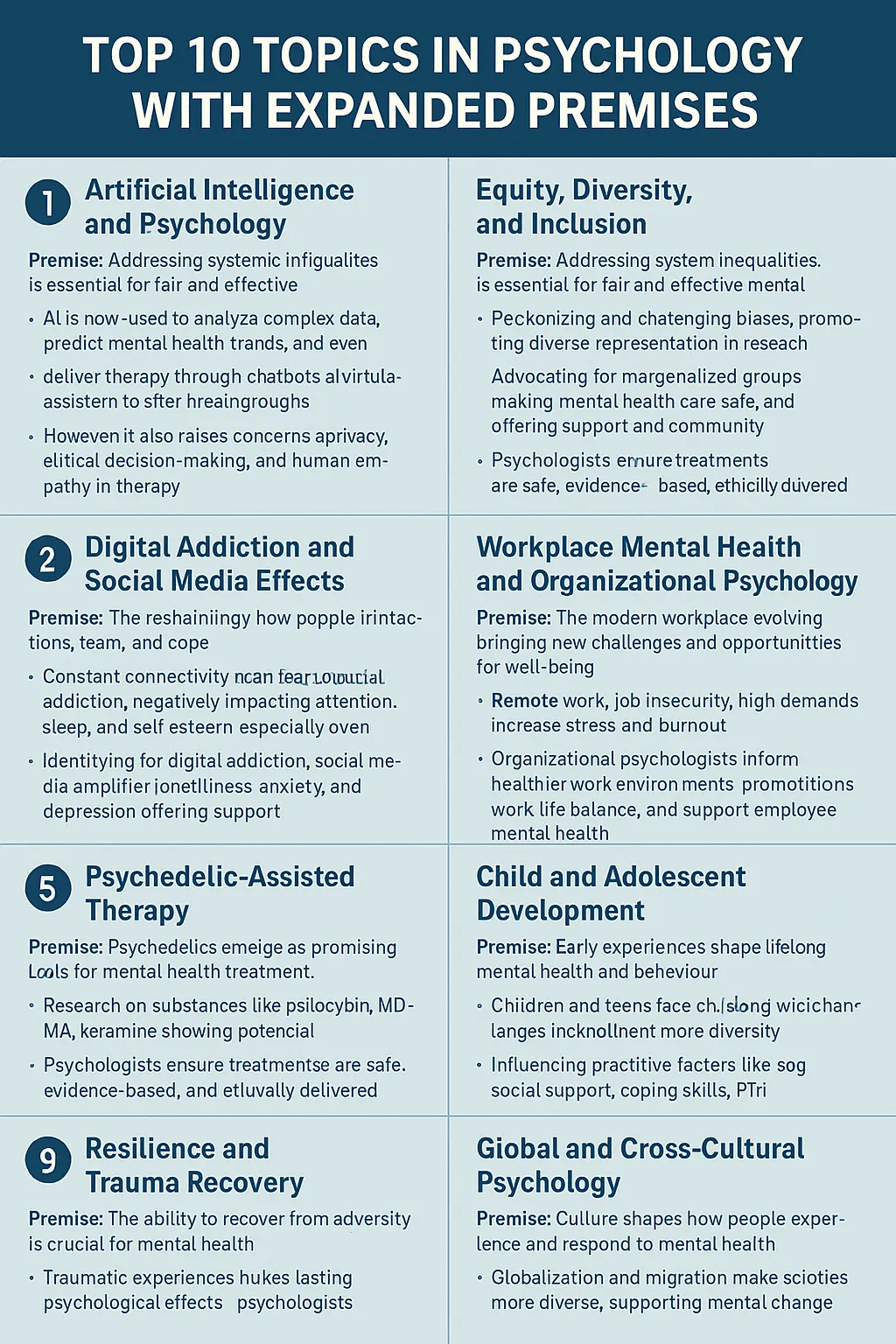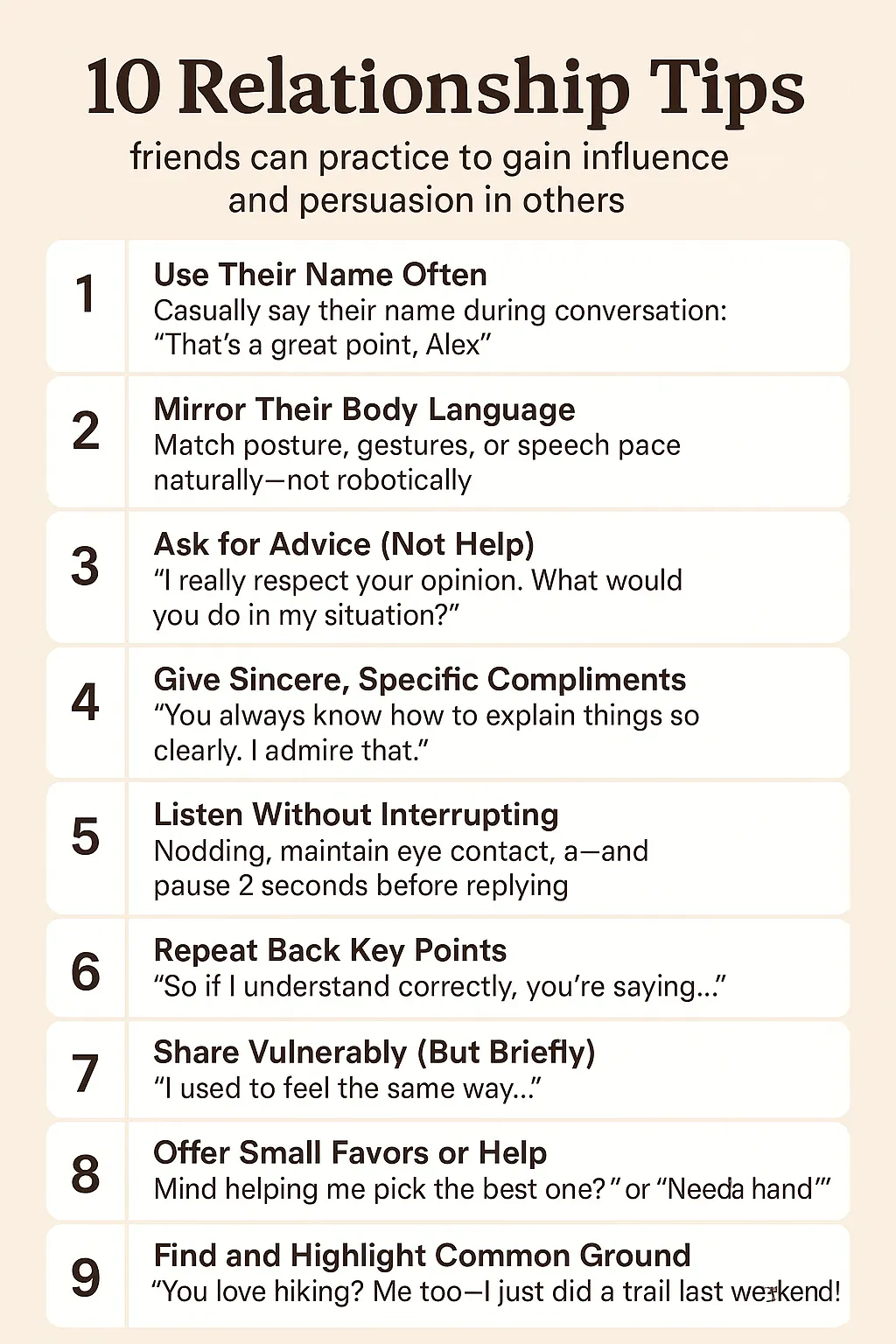How to Use Emotional Intelligence to Build Stronger Relationships
In every aspect of life-whether at work, with friends, or in our closest relationships-emotional intelligence is the secret ingredient that turns good connections into great ones. While intelligence and skills may get your foot in the door, it’s your ability to understand, manage, and respond to emotions-both your own and others’-that truly strengthens bonds and creates lasting trust.
- Practice Active Listening
At the heart of emotional intelligence is active listening. When you truly listen to someone, you’re not just waiting for your turn to speak. You’re tuning in to their words, their tone, and their body language. This level of attention makes people feel seen and valued, and it sets the stage for honest, open communication. Try to be fully present in conversations, making eye contact and responding thoughtfully, rather than jumping in with your own stories or solutions. - Manage Your Own Emotions
Managing your own emotions is another cornerstone of emotional intelligence. We all experience frustration, disappointment, or stress, but how we handle those feelings can make or break a relationship. Taking a moment to pause and reflect before reacting helps prevent misunderstandings and unnecessary conflict. By staying calm and composed, you show others that you’re reliable and trustworthy, even in difficult situations. - Show Empathy
Empathy is the bridge that connects us to others on a deeper level. When you make an effort to understand someone else’s perspective and acknowledge their feelings, you’re showing that you care about their experience. This doesn’t mean you have to agree with everything they say or feel, but simply recognizing their emotions goes a long way in building trust and rapport. - Be Mindful of Nonverbal Communication
Nonverbal communication is just as important as the words you choose. Your facial expressions, gestures, and tone of voice all send powerful messages. Being aware of these cues-both your own and those of others-can help you pick up on unspoken concerns or feelings. When your words and body language are in sync, your messages come across as more genuine and sincere. - Communicate Assertively and Respectfully
Assertive and respectful communication is key to expressing your needs and boundaries while still valuing the other person’s perspective. Instead of bottling up frustrations or resorting to passive-aggressive behavior, strive to share your thoughts openly and honestly. This kind of communication fosters mutual respect and makes it easier to resolve issues as they arise. - Be Open to Feedback
Feedback is an essential part of any healthy relationship, and emotional intelligence makes it easier to both give and receive it. When you’re open to hearing how your actions affect others-and willing to make adjustments-you show that you’re committed to growth, both individually and together. - Express Gratitude and Appreciation
Gratitude and appreciation are powerful tools for strengthening relationships. Taking the time to acknowledge what you value in someone else, whether through words or small gestures, reinforces positive feelings and helps weather the inevitable ups and downs. - Approach Conflict with Patience and Understanding
Conflict is a natural part of any relationship, but emotional intelligence helps you approach disagreements with patience and understanding. Instead of focusing on being right, try to see the situation from the other person’s point of view and work together to find common ground. Staying calm and solution-oriented turns conflict into an opportunity for growth. - Be Authentic and Vulnerable
Authenticity and vulnerability are at the core of deep, meaningful connections. When you’re willing to share your true thoughts and feelings-even your fears or mistakes-you invite others to do the same. This openness creates a safe space where trust can flourish. - Support Each Other’s Growth
Supporting each other’s growth is another way emotional intelligence strengthens relationships. Encouraging your friends, colleagues, or loved ones to pursue their goals and learn from challenges shows that you’re invested in their happiness and success.Emotional intelligence isn’t something you master overnight-it’s a lifelong practice. But with each mindful conversation, each moment of empathy, and each act of appreciation, you’re building the foundation for relationships that are not only stronger, but also more joyful and resilient. By weaving these habits into your daily life, you’ll find that your connections become more fulfilling, your conflicts less daunting, and your bonds truly unbreakable.














